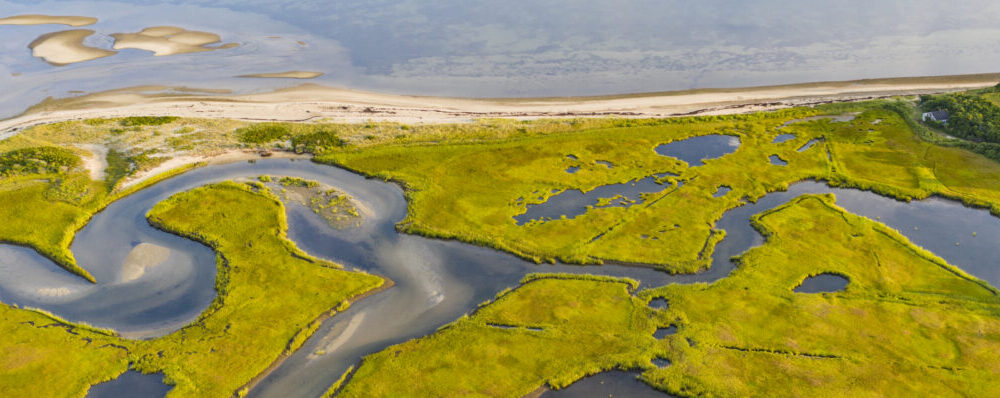Last week the NLWC submitted written testimony (read our letter HERE) to the Joint Committee on Municipalities and Regional Government in support of Bill H2104 – An Act relative to the preservation of wetlands and water resources in Chapter 40B applications. This Bill was originally submitted in 2021 by Daniel Hill and Hill Law. It was reported favorably out of Committee and has been resubmitted for the current legislative session.
Chapter 40B allows housing developers to obtain waivers from municipal bylaws and regulations including local zoning and wetland protections in exchange for restricting 25% of its units to low- or moderate-income housing. This means that municipalities often have to waive wetland and water resource protection bylaws to accommodate Chapter 40B developments, notwithstanding the benefit those bylaws provide in protecting irreplaceable surface water and groundwater resources.
Environmentally-sensitive land containing wetlands and other water resources is typically inexpensive, because local regulations restrict what can be built there. Chapter 40B developers are incentivized to purchase environmentally-sensitive parcels, because they can obtain waivers from the very same environmental regulations that made the land cheap, obtaining a windfall at the expense of environmental protection.
This Bill would amend Chapter 40B by preserving local discretion to enforce wetlands or water resources protection bylaws in Chapter 40B developments. Specifically, the amendment shifts the legal presumption to Chapter 40B applicants to prove that a project will still protect the environment if it receives an applicable bylaw waiver. To be eligible for this exemption, bylaws must (1) legitimately protect surface waters and groundwater (2) be subject to Attorney General approval, and (3) be enforced by the local conservation commission.
The Nantucket Land & Water Council joined many watershed organizations, entities and individuals statewide to support this Bill including the Massachusetts Association of Conservation Commissions, the Mass Land Trust Coalition, Mass Audubon, and the Trustees of Reservations. Many thanks to Hill Law for their work on this important legislation!

